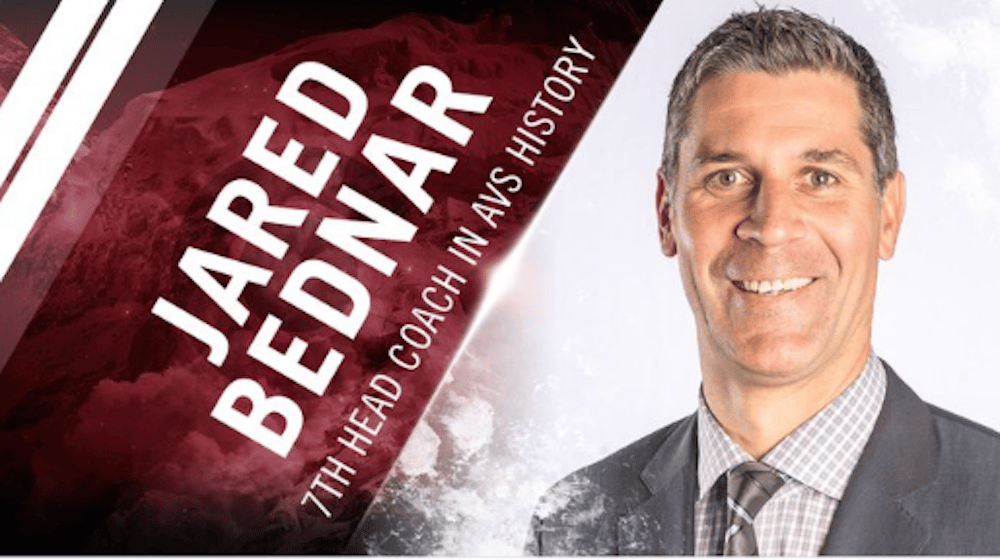
Jared Bednar has been the Colorado Avalanche’s head coach for a little more than 24 hours, and so far, he’s saying the right things.
On a conference call Thursday, Bednar said the Avalanche would play “fast” and “aggressive” hockey, which frankly, is a line new coaches everywhere recycle. But what was particularly encouraging from Bednar were his thoughts on the role of analytics — another word for advanced or new-school statistics — and their role in today’s NHL.
Here’s what he told Altitude:
“The information that’s out there, you have to look at it. It’s information that you can help your team build on its strengths, and improve its weaknesses. So I think you have to pay attention to it. It can help decipher some of the areas you can improve on but also build on the strengths of your team. So I like to have that information, and look at it, and apply it to our system and how we play. It helps reinforce what we do on the ice.”
That sounds like a slightly more progressive approach than that of former head coach Patrick Roy, who in 2014 infamously told The Denver Post, “I’m not a math guy.”
The 2013-14 season was Roy’s first on the job as head coach. The Avalanche played surprisingly well that season, racking up 112 points on their way to a playoff appearance. But the analytics crowd guessed that Colorado’s success wouldn’t last based on metrics like Corsi, which measures shot attempt differential while at even strength. It’s a statistic related to puck possession.
The Avalanche were a bad puck possession team in 2013-14. They continued to be a bad possession team the next two seasons, and, not surprisingly to some, their performance dipped because of it. Colorado missed the playoffs the last two seasons.
They’ll try to get back to the postseason this year under Bednar. Bednar is a proven winner at the minor league level — last season, he guided the Columbus Blue Jackets’ American Hockey League affiliate, the Lake Erie Monsters, to a 43-32-11 record and a Calder Cup win — and he seems to rely on more than just his gut when making decisions.
Winning in hockey, and sports in general, cannot be accomplished solely by looking at numbers on a spreadsheet, but it never hurts to have more information at your disposal. Analytics can help team’s diagnose weaknesses that maybe eyeballs alone can’t pick up. And Bednar at least doesn’t seem averse to using those numbers to do his job, unlike his predecessor.













